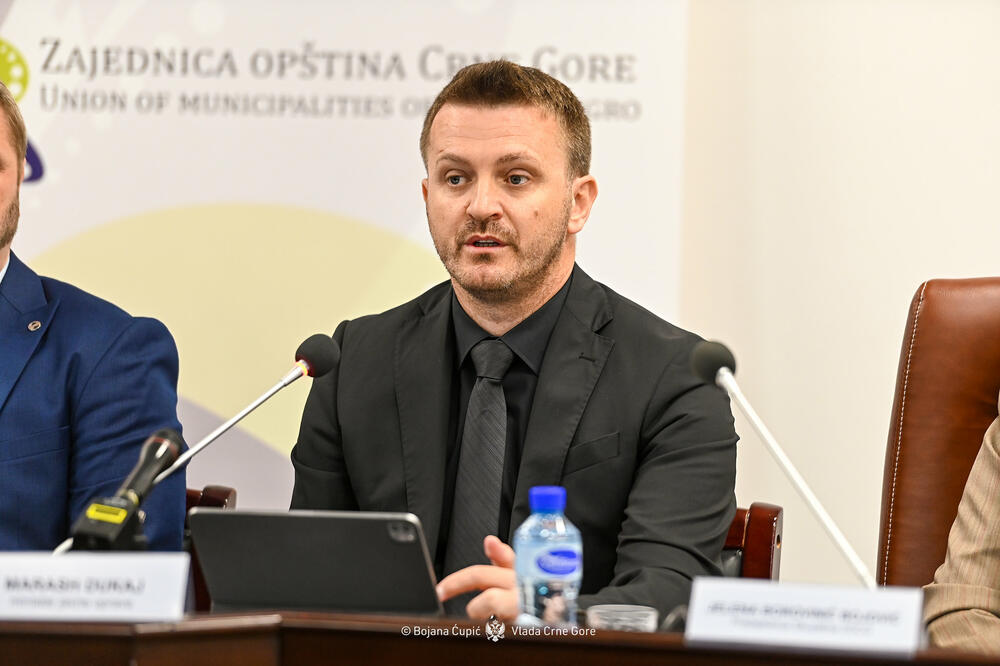The reform of local self-government in Montenegro must be based on the improvement of decentralization, said Minister of Public Administration Maraš Dukaj at the round table "Decentralization in Montenegro - where are we and where should we be?".
As announced by the Ministry of Public Administration (MJU), Dukaj pointed to the Analysis of the functioning of the local self-government system, which, as he stated, was recently completed and which showed that Montenegro is a centralized state, not only in relation to the region, but also more widely .
"I am looking forward to every opportunity to exchange knowledge and ideas that will bring new quality in thinking about activities for further reform of the local self-government system. That reform must be based on improved decentralization," said Dukaj.
As he pointed out, the Council of Europe, in the Report on the Application of the European Charter on Local Self-Government in Montenegro, had the same evaluations and recommendations contained in the Analysis of the functioning of the local self-government system.
"We have clear and confirmed imputations in which direction we should continue with the reform of the local self-government system," said Dukaj.
He emphasized that local self-governments can also make significant strides.
"Knowing that the European Union (EU) also provides support at the local level through European funds, it is necessary to take advantage of this opportunity, work on competences, but also apply the principle of domestic relations towards our local communities", explained Dukaj.
According to him, the Analysis showed that it is necessary to improve cooperation between the local and central levels of government and that local self-governments are at different levels of development.
"This requires that decentralization be implemented carefully, step by step, in accordance with the specific needs of the community," said Dukaj.
As he stated, the recommendations of the Analysis refer, among other things, to the improvement of the normative framework for the functioning of the local self-government system. According to Dukaj, this is of key importance.
"That is why we are currently working rapidly on drafting a new Law on Local Self-Government, which will deal with a large number of challenges in a new way, in accordance with the findings of the Analysis and in accordance with European standards," said Dukaj.
He added that they are thinking of introducing the decentralization of competences for key areas that are important for the work and performance of the functions of local self-governments, such as education, health, spatial planning and others.
"This is a process in which we all have our place and our responsibility. We also have the strong support of international partners, which at this moment we have to justify and preserve ourselves with our engagement", said Dukaj.
The common goal, as he stated, is to fully engage all local self-governments to prepare them to successfully take over the full application of EU law, when Montenegro becomes part of the European community.
As announced by the MJU, the round table was organized by the Association of Municipalities of Montenegro, and the President of the Assembly of the Capital City Jelena Borovinić Bojović and the President of the Tivat Municipality Miljan Marković spoke in the introductory part.
Bonus video:




